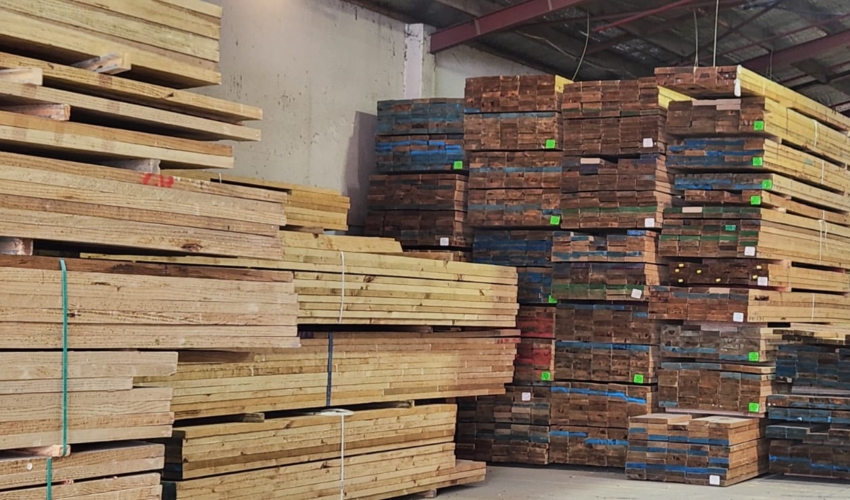
Recent events at Woodspan’s New Plymouth facility have led to a collaboration between two of New Zealand’s leading engineered timber manufacturers. Following a fire that damaged critical CNC machinery at their production site, Woodspan faced a significant operational setback.
Techlam has stepped forward to establish a strategic partnership that ensures continuity of supply for Woodspan customers while creating new opportunities for both organisations in the engineered timber sector.
Responding to industry challenges
The construction materials landscape has faced numerous hurdles in recent years. Supply chain disruptions, tough economic climate and now this unexpected production setback at Woodspan created a perfect storm that called for an innovative solution.
“We recognised the potential impact this disruption could have across multiple construction projects,” explains Brett Hamilton, Managing Director of Techlam. “Our industry thrives on reliability and predictability. When materials don’t arrive on schedule, the ripple effects can be substantial.”
The Levin-based operation has been manufacturing structural laminated timber products for over three decades. With experience spanning economic cycles and evolving building regulations, Techlam has developed robust production capablities that can now benefit the broader market through this new arrangement.
“Our advanced 6-Axis CNC line has the capacity to accommodate Woodspan’s production requirements while maintaining our existing commitments,” Hamilton notes. “The technologies are compatable, and our team can quickly adapt to the specifications required for their PLT panels.”
Complementary expertise and products
The partnership brings together two distinct but complementary product offerings. Woodspan has established itself as an innovator in parallel laminated timber (PLT) panels made from New Zealand-grown radiata pine. These products have gained significant traction in the construction sector, particularly for floor and roof structures where their strength and installation efficiency provide interesting benefits.
Techlam, meanwhile, has built its reputation on precision-engineered structural laminated timber solutions that serve both domestic and international markets. Their product range is recognised for performance characteristics, aesthetic appeal (including biophilia) and versatility across diverse applications.
Tom Boon, Chief Executive of Taranakipine Group and co-founder of Woodspan, see’s strategic value beyond the immediate situation: “This partnership allows us to enhance our offerings and reach a broader audience. While the circumstances weren’t what we would have chosen, the resulting collaboration creates new possibilities for both organisations.”
The alignment of manufacturing processes and material sourcing creates natural synergies that both companies are now exploring. Both companies utilise locally-sourced radiata pine and operate advanced CNC technology, facilitating a smoother transition than might otherwise have been possible.
Market benefits and industry impact
For customers and specifiers, this partnership offers several advantages:
- Supply chain resilience with uninterrupted product availability
- Streamlined procurement processes for engineered timber components
- Enhanced technical support drawing on combined expertise
- Potential for integrated structural solutions that leverage both product ranges
- Consistent quality standards across manufacturing operations
This arrangement also helps preserve industry capacity during tough economic climate. By maintaining production capabilities and skilled employment, the partnership contributes to stability in New Zealand’s engineered timber sector.
“Timber manufacturing expertise takes decades to develop,” Hamilton points out. “The specialised knowledge required for engineered timber production isn’t something you can quickly replace. This collaboration helps retain that expertise within our industry.”
Future developments
While addressing immediate operational needs are at the beginning of this collaboration, both companies have identified potential long-term benefits from strengthening their relationship. Initial discussions have explored potential product innovations that combine technologies and design approaches from both organisations.
The construction sector’s increasing focus on sustainability creates new opportunities. Engineered timber offers environmental advantages over alternative structural materials such as steel and concrete, with locally produced solutions providing additional benefits through reduced transport impacts.
As architects and structural engineers embrace mass timber construction for larger and more complex projects, the combined capabilities of Techlam and Woodspan offer expanded value proposition for the New Zealand market and potentially export opportunities.





